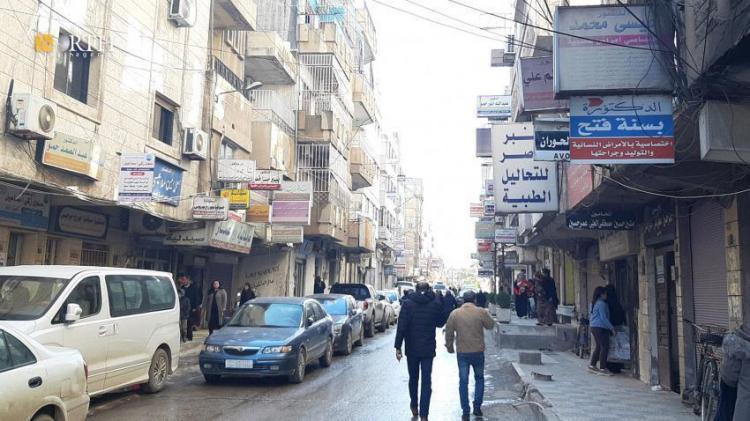First four coronavirus cases recovering – Health Board in Syria’s Jazira region
QAMISHLI, Syria (North Press) – The deputy co-president of the Health Board in Jazira region, Muhammad Khalaf, said that the first four declared cases of infection with coronavirus "are recovering,” and that commitment to protective measures is the safest way to prevent the virus from spreading.
Khalaf said in a statement to North Press that the infected cases were quarantined at home because their conditions are stable and "we will provide them with all the required needs."
He explained that the first four declared cases of infection with coronavirus “exceeded the first stage after 10 days of being infected and were recovering, and the quarantine ends after the 14th day passes and they submit to tests.”
Khalaf said that the number of people in contact with those infected with coronavirus in all areas of the Autonomous Administration has exceeded 100.
On Sunday, the administration announced that the cases of infection in its areas rose to 8 after registering new cases of two infected women, one of them in the city of Derik and the other in Hasakah.
Khalaf explained that the emergency team concerned with the people in question went to the city of Derik to subject the people who came in contact with the infected to tests to certify they did not have the virus.
The co-chair of the Health Board in northeastern Syria’s Derik, Muhammad Adnan, said that the coronavirus patient contracted the virus in Qamishli through contact with “an infected person or someone in contact with them. However, her condition is stable, and they are working on limiting contact with her.”
Furthermore, he emphasized that the most preemptive way to prevent the outbreak of the coronavirus is by physical distancing, preventing gatherings, and commitment to precautionary measures against coronavirus.
The Autonomous Administration urged residents to commit to the health measures and physical distancing in work and popular places, and called on its institutions operating in crossings to take strict health measures against goods and persons.
(Reporting by Abdulhalim Suleiman, editing by Lucas Chapman)

